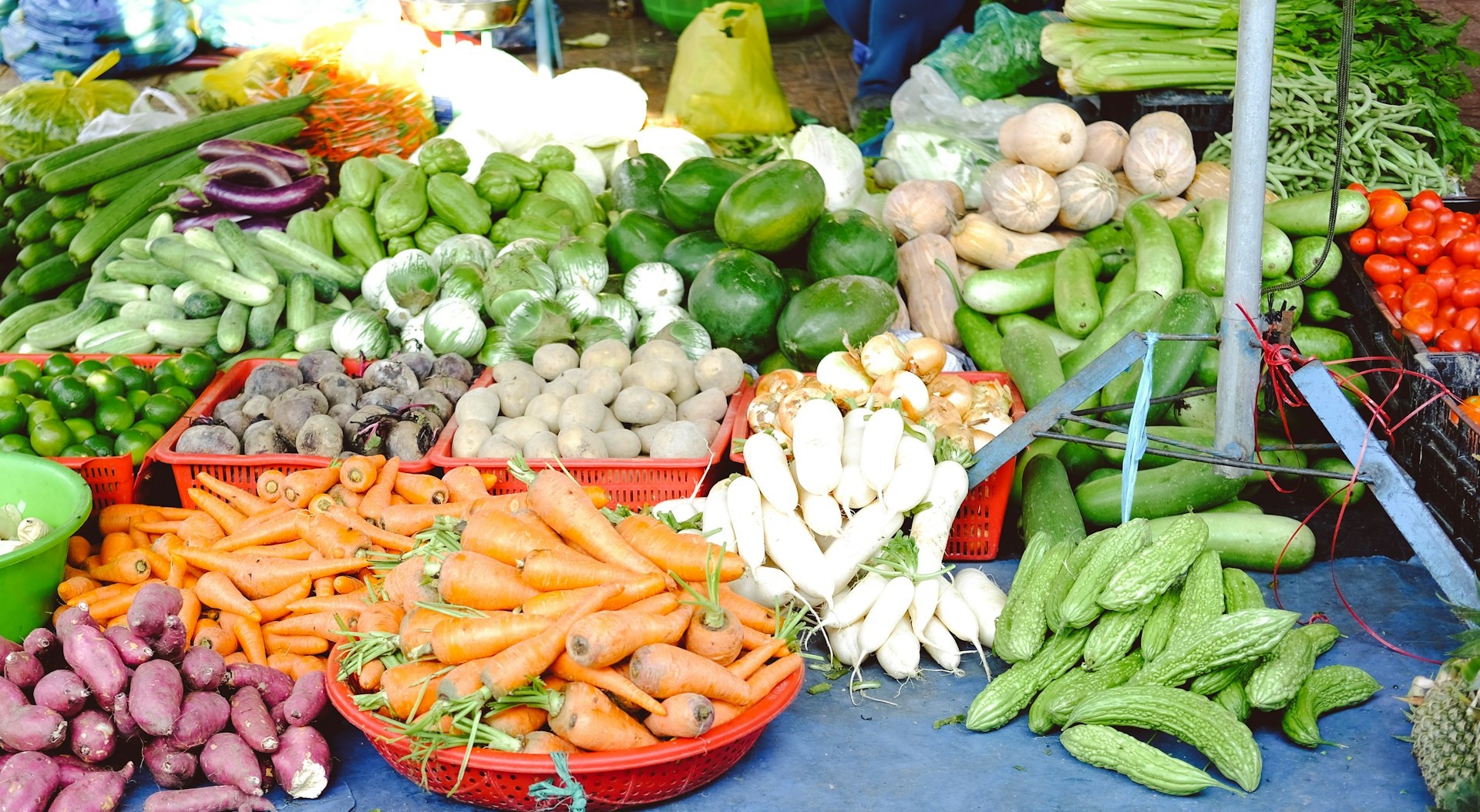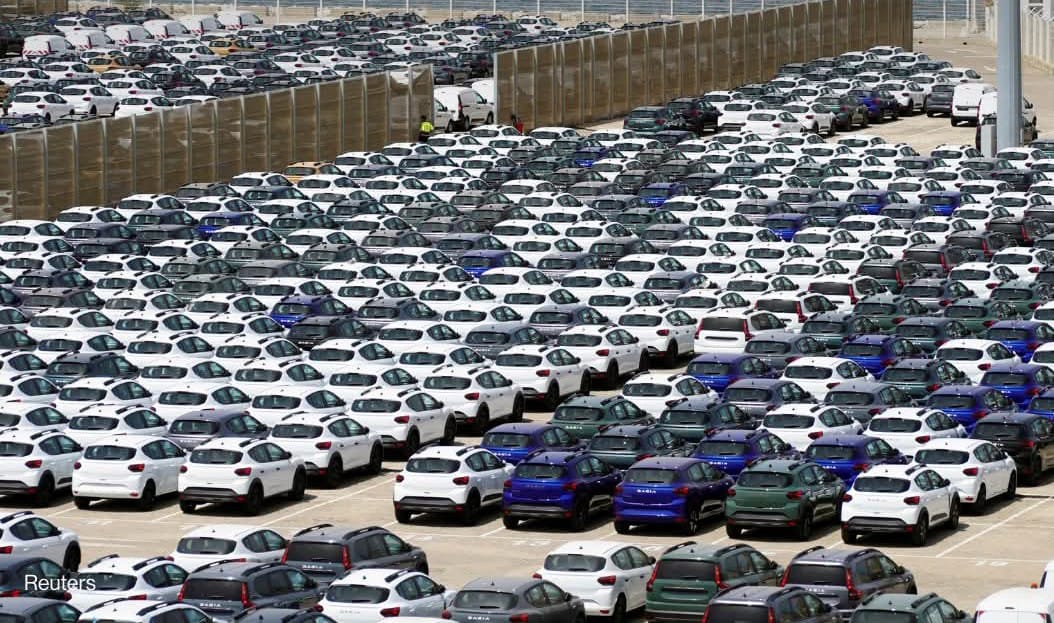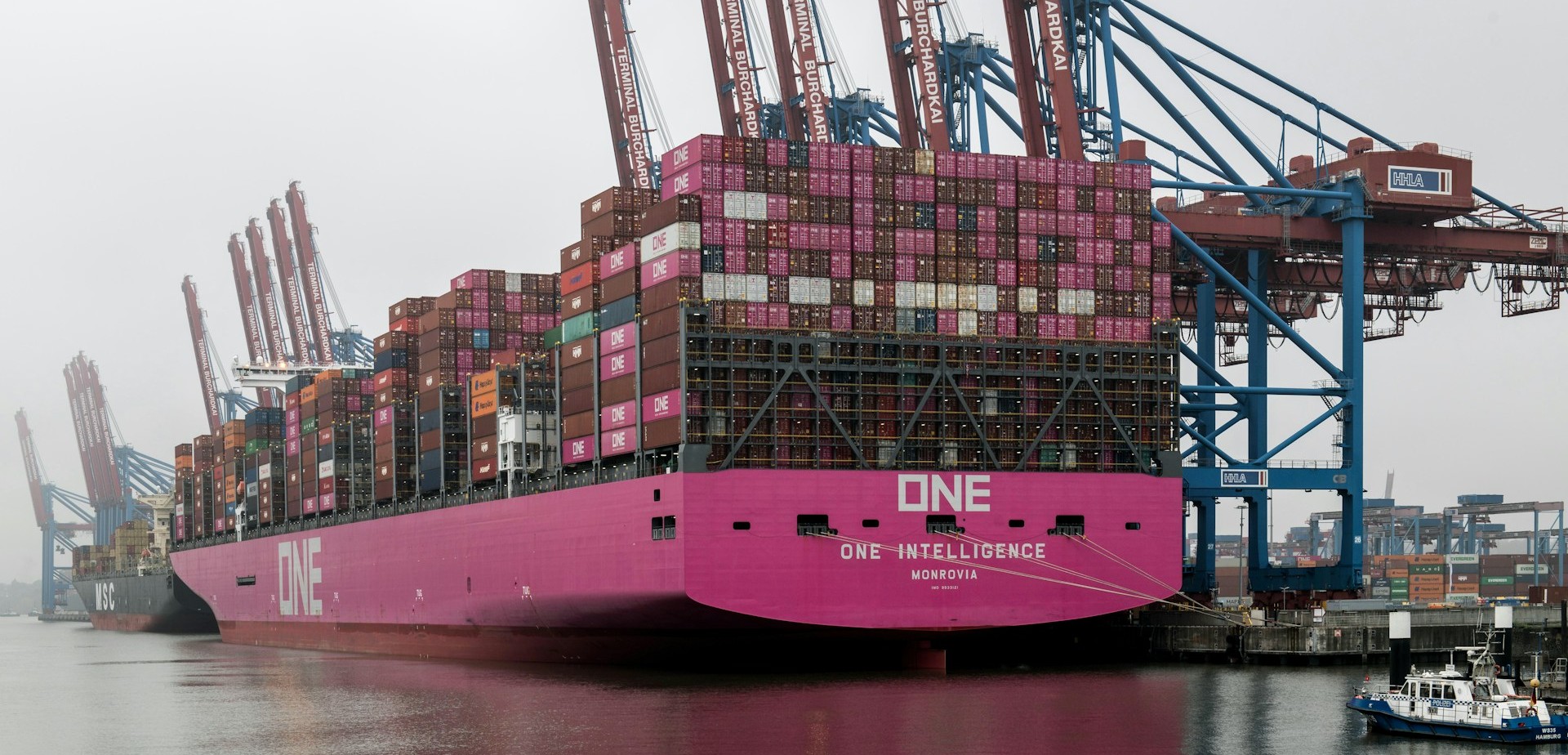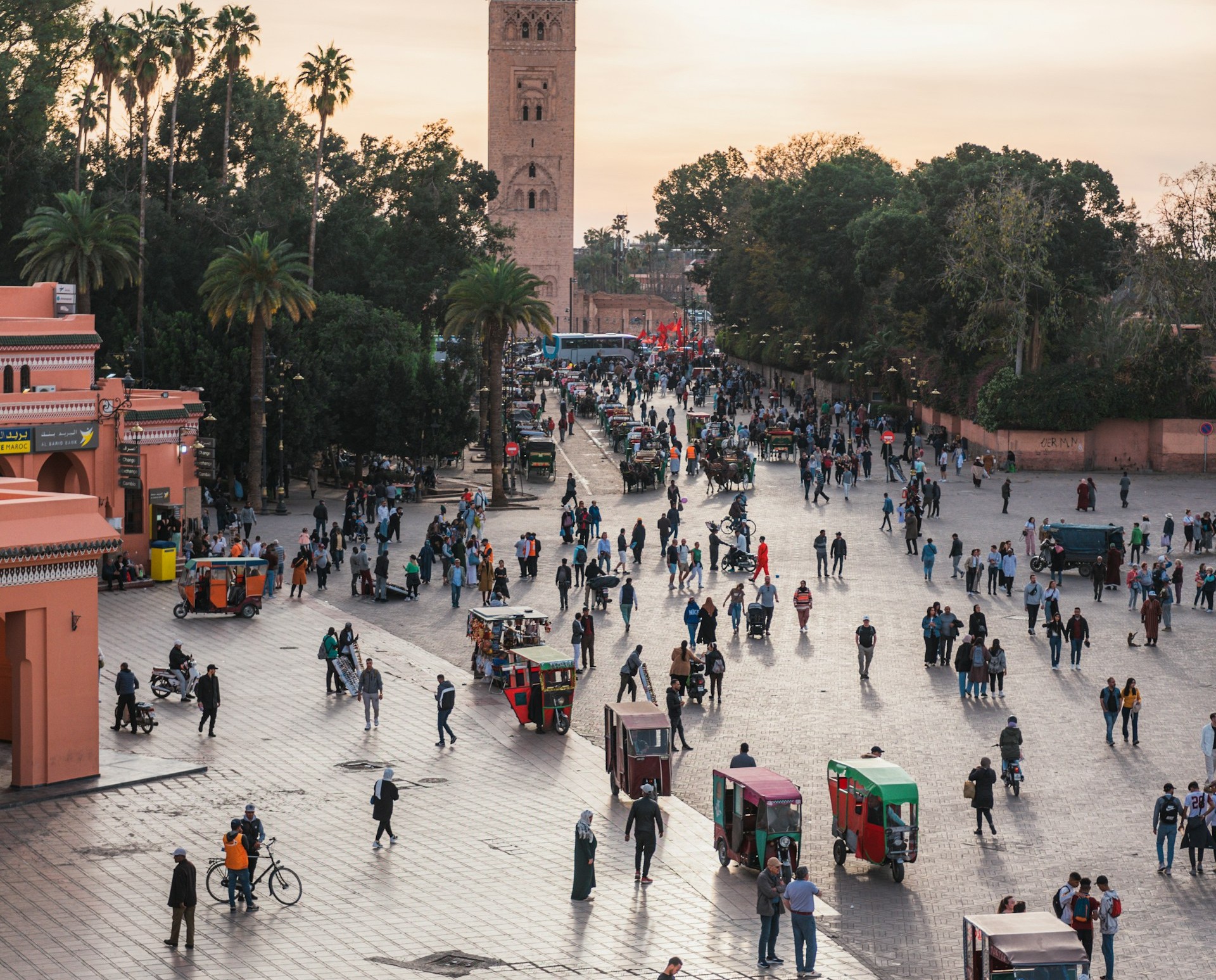Casablanca – The Moroccan government has unveiled an ambitious tax reform agenda aimed at boosting state revenues and reducing the tax burden on low- and middle-income earners. Spearheaded by Minister Delegate for the Budget Faouzi Lakjaa, these reforms are part of the broader 2025 finance bill currently under parliamentary review.
Expanding tax exemptions
A key highlight of the reforms is the exemption of monthly incomes below $618 from income tax, significantly increasing the number of taxpayers exempt from this obligation. The new policy is set to benefit 80% of employees, representing a significant milestone in tax relief for workers. This measure is expected to cost the government $537 million but is deemed essential to alleviate financial pressure on low-income households.
Lakjaa also indicated plans to address retiree pensions, proposing exemptions for this demographic during the second reading of the 2025 finance bill. These changes aim to improve the living conditions of retirees and ensure equitable treatment across income categories.
Strengthening state revenues
The government projects tax revenues to rise from $20.7 billion in 2021 to over $33.9 billion by 2025, marking a 63% increase. This growth stems from an expanded tax base and improved collection methods, such as withholding at the source, rather than introducing additional tax burdens.
Key tax reforms underway
- Corporate income tax adjustments:
Changes to corporate taxation were initiated in 2023, targeting high-profit companies. Enterprises earning annual profits exceeding $10.3 million saw their tax rates increase, while smaller businesses benefitted from rate reductions. These measures have contributed to a 14% annual growth in corporate tax revenues. - Value-added tax (VAT) reform:
The 2024 tax reforms unified VAT rates into three categories: 0%, 10%, and 20%, covering essential consumer goods. This simplification aims to reduce the tax burden on small and medium-sized enterprises while promoting fairer taxation practices. - Future projections:
The government aims to double overall tax revenues by 2026 through continued reforms and enhanced tax administration. Measures include improved audit procedures and the gradual implementation of withholding tax systems to curb evasion.
Broad benefits
In addition to revenue growth, the reforms are designed to enhance transparency, simplify procedures, and ensure fairness in tax collection. The government also intends to use tax revenues to support social programs, redistribute wealth, and promote economic development in underprivileged regions.
These comprehensive reforms reflect Morocco’s commitment to balancing fiscal sustainability with social equity, offering relief to low-income earners while expanding state revenues for long-term development.
















